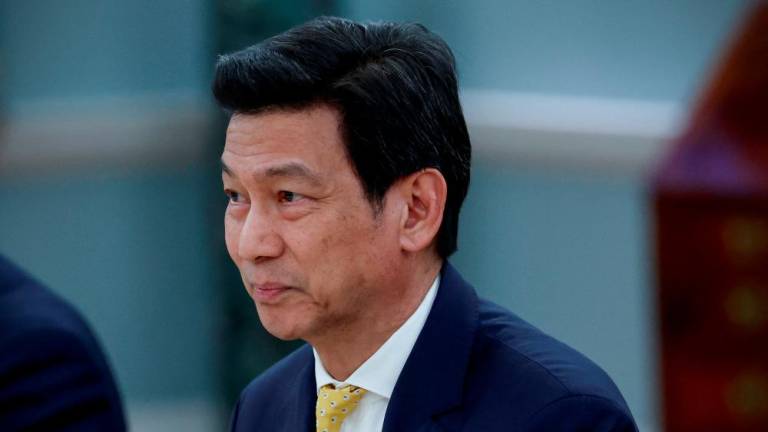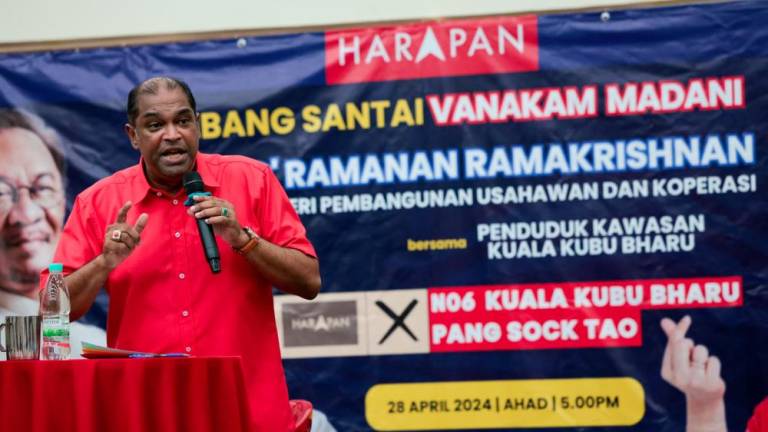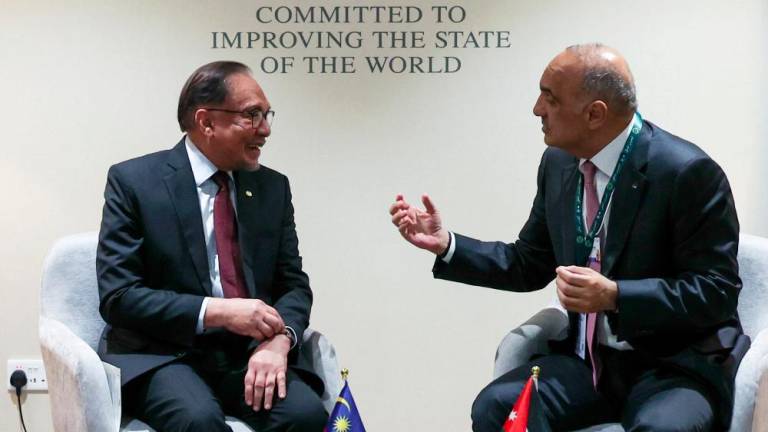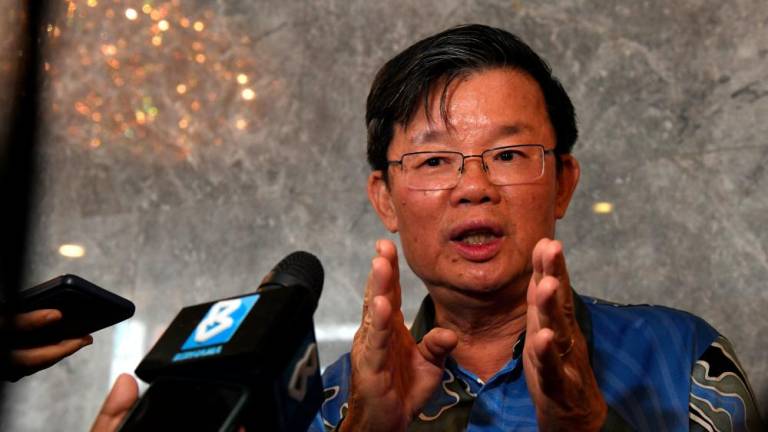AFTER the oil crisis since the 1970s; with the first oil shock triggered by the embargo by Opec in 1973-1974, increasing oil prices four-fold from US$3 to US$12 and the second oil shock prompted by the Iranian Revolution of 1979 and the 2007/2008 unprecedented oil price hike up to nearly US$145 a barrel in July 2008 many countries, including France and South Korea among others, had turned away from high reliance on oil and invested in alternative sources of energy including nuclear power.
The 1970s and 2007/2008 oil price hike had triggered discussions on the need for Malaysia to consider investing in nuclear power.
Malaysia’s high reliance on fossil fuel for power generation; more than 50% on coal, more than 40% on natural gas, 5% on hydro and remaining on other sources including renewable energy plus its high importation of coal of more than 60% from Indonesia and more than 20% from Australia poses a risk for its energy supply and security.
In 2008, Malaysia explored nuclear energy as a long-term energy source and this was incorporated in Budget 2009 as part of the government’s strategy to diversify the nation’s sources of energy as well as to enhance Malaysia’s energy security and mitigate climate change.
Plans to build two 1000 MWe nuclear power reactors, with the first unit in operation by 2021, were introduced in 2010, with the pre-requisite to fulfil four conditions:
» public acceptance of the project
» ratification of relevant international treaties
» ensure the correct regulatory framework is in place
» approval for plan sites including from local populace.
It is anticipated that construction and operation of the nuclear power reactors will have significant impact on Malaysia’s economy, that during construction phase a GNI contribution of RM0.2 billion will be derived from the creation of 2,600 jobs and once operational, the twin unit reactors of 2 GWe will generate GNI amounting to RM1.6 billion a year from the electricity generated.
And to plan for the introduction of nuclear power, a Nuclear Energy Planning and Implementation Organisation – the Malaysia Nuclear Power Corporation (MNPC) was established in January 2011 under the Prime Minister’s Department .
The Auditor-General’s Report of 2018 has outlined that since its formation in 2011 till 2018 the MNPC has produced four studies and organised/ implemented three (activities) using developmental grant of RM42.51 million.
The four studies include:
» Nuclear Power Programme Development Study
» Nuclear Power Project Development Study (feasibility study)
» Law and Regulation Study
» Comprehensive Plan and Strategies for Public Communications on Nuclear Energy
Furthermore the Auditor-General’s Report had highlighted that the International Atomic Energy Agency has recognised seven employees of the MNPC as Subject Matter Experts , who have been invited to offer advice to the IAEA and selected Member States interested to introduce a Nuclear power programme. Thus it is evident that skills built up during the past eight years has contributed to the competency and professionalism of the team at MNPC
The auditor’s report had recommended for the government to provide an opportunity for the MNPC to present the findings of all these studies to the Cabinet in view of the importance of alternative energy sources for long-term electricity supply for the country but instead Putrajaya has decided to shut down MNPC by Sept 30 for reasons not clearly conveyed to the MNPC or public.
This despite the fact that the MNPC has trained its officers who are now knowledgeable and experienced regarding techno-political aspects of nuclear as well as nuclear diplomacy, which in general are not attributes or the experience of researchers whose focus is primarily on technology development.
Thus communications, diplomacy and skills in negotiations are the forte of MNPC.
Even if Malaysia is neither planning for nor hoping to invest in a nuclear power programme nor build nuclear power plants, a wide and extensive expertise in nuclear technology and nuclear power covering not just technology but most importantly PESTLE (politics/policies, energy+economics+environment, science, sociology, technology, legal and ethics) must be developed and nurtured among Malaysians to get us ready in any event of international meetings, diplomacy and negotiations to be competent skilled and tactful to meet, discuss and to negotiate in the global arena.
Thus it is within this context that I strongly recommend for the minister of energy, science, technology, environment and climate change, to reverse and revise the decision to shut down the MNPC.
This is to ensure these critical skills and competency invested and built up over many years are not lost and will not put Malaysia at a disadvantage, especially if nuclear politics, and in particular if further oil shocks and energy crisis requires Malaysia to plan for nuclear power.
Sheriffah Noor Khamseah Al-Idid Dato Syed Ahmad Idid is an Innovation and Nuclear Advocate Member.









